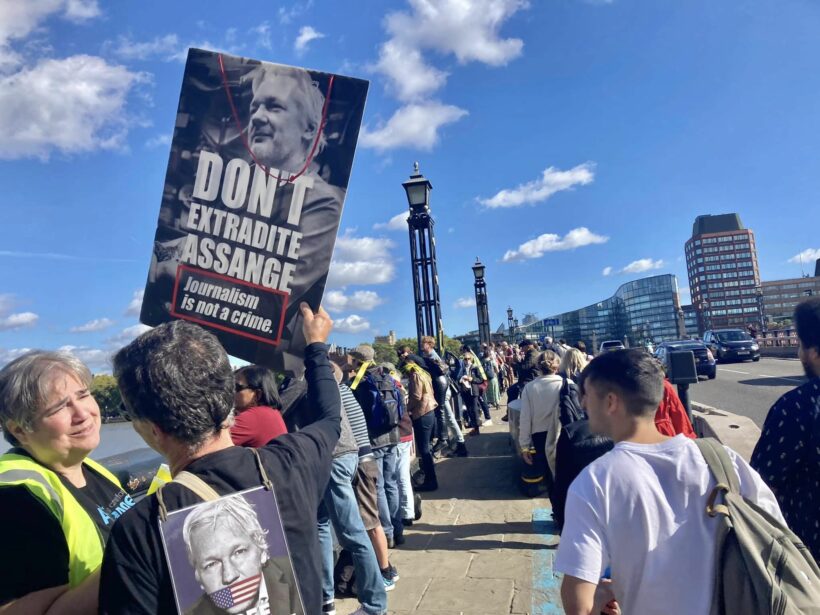Fear of the unknown is the pillar on which fanaticism is built.
The enormous advances in technology have brought us good things and not so good things. The difficulty of having access to the details of the workings and intricacies of computer and other sciences has put an unbridgeable distance between the creators and users of these new areas of knowledge. Subtly, information about events that shape the destiny of millions of human beings is delivered to us in small doses, conveniently crafted for the purpose of maintaining control over their impact on society. We are thus subjected to a flow of communication about which we lack certainty, but which is designed to simulate the truth.
Journalism, a public service profession whose mission is to provide truthful and timely information about events and decisions affecting society, has become another battleground between the major centres of political and economic power and ethical and independent communicators. The media, in general, are in the hands of large business groups and their purpose is to influence the political route, manipulating information to the convenience of their investors. The truth, therefore, is relegated as an inconvenient element in the formula.
The persecution of those who investigate and reveal events, decisions and other acts of interest committed outside the law and that threaten the public good, has become one of the war fronts; these fronts are sustained and fed by governments and economic powers, with the aim of neutralising any act of popular rebellion. In this way, a kind of state-of-the-art Cold War has become universalised, where information with a strong ideological charge is manipulated, transformed and disseminated; a strategy of fear capable of dividing and paralysing any citizen action aimed at changing the system.
Throughout history, the strategy of fear has been a tool used by every power elite to convince the people to maintain an obedient, non-deliberative and submissive posture before those who lead the way and are willing to defend ideals imposed to protect privileges and particular interests. In this underhand war, the mass media are the perfect weapon in the pursuit of the goal of dominating the scene. The unequal struggle, waged by some independent media and ethical journalists, is a source of unease for those who decide our future and, as a result, the threats and obstacles faced by these professionals have reached the point of forcing them to take refuge in forced exile, at the risk of losing their lives.
Every day the gap widens between the mission of the press – as a public service activity to provide citizens with a correct and truthful view of the events of interest to them – and what is actually received from the news networks and the media allied with the government. This rupture with the mission of the journalistic function has such an impact on societies that it has turned wars into a spectacle, hunger into an inevitable destiny, human migration into an alien misfortune. In other words, we have been immunised against sensitivity and shame.
Public information is a tool of power, in the hands of others.






